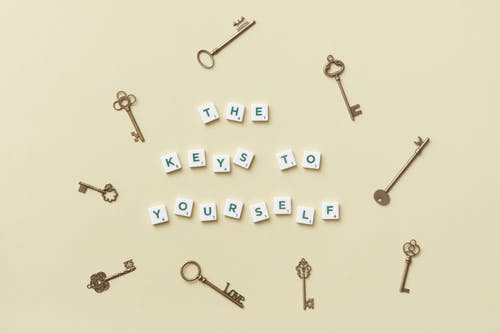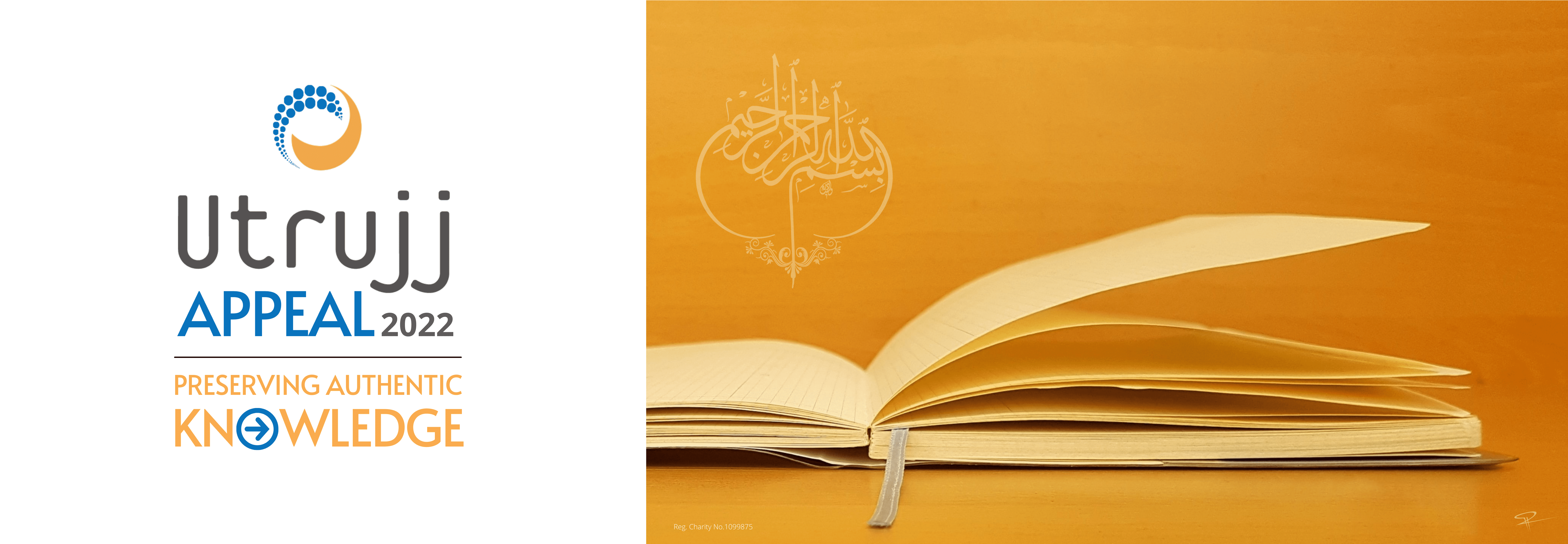Keys for Change

The first five surahs that were revealed were Iqra, Al Qalam, Al Muzzammil, Al Muddaththir, Al Fatihah. We derive lessons in how to transition from each one and it is not coincidental that the first revelations are about change, which is ghayara in Arabic.
- Iqra (the first five ayahs of Surat al Alaq) is about shifting from ignorance to knowledge.
- Al Qalam tells us about the importance of change in character.
- Al Muzzammil and Al Muddaththir have a vertical dimension, standing in night prayers and our connection with Allah Almighty, and a horizontal dimension, which is tableegh, or spreading the word of Allah.
- Surat Al Fatihah is about ‘hamd,’which is praise. This is the antidote against depression. It is a shift from ungratefulness to gratitude and optimism.
If we google ghayara and ghayiru, we find them in two verses in two surahs. The first is Surat Al Anfal and the second is Surat Ar Rad. These are:
‘That is because Allah would not change a favour which He had bestowed upon a people until they change what is within themselves. And indeed, Allah is Hearing and Knowing’ (8:53)
‘Indeed, Allah will not change the condition of a people until they change what is in themselves.’ (13:11)
Change is conditional: Be proactive
The key words in this ayah are ‘la’ (will not) and ‘hatta’ (until). There are conditions. Change is not free of charge. You have to take the first step and then Allah grants the second step. This is Divine Sunnah, (Sunnah Koniya), regardless of imaan. If you do this, you will achieve change.
This is the rule if you follow it, you can achieve success. If you do not change, you experience failure. Unfortunately we are at the top of the list of failure!
If we take the positive from the ayah, we see that Allah will change people who are changing themselves.
Do not turn a blind eye when there is oppression
There are plenty of verses similar to this, but referring to punishing the community when they disobey commands. From the Sunnah, another divine ruling is that if people in general see oppression or an oppressor and they do nothing to stop him, they will most definitely be punished by Allah Almighty. If they stop him, they receive multiple rewards. But if they are pious, and praying and fasting, yet stand by and let oppression continue, they will perish.
This situation is unjust, you have to act. You cannot be a spectator. Change is an imperative.
Our reality is either with us or against us. Part of the package is that we will have difficulties and tribulations.
Zainab bint Jahsh (may Allah be pleased with her) reported she said:
قُلْتُ يَا رَسُولَ اللَّهِ أَنَهْلِكُ وَفِينَا الصَّالِحُونَ قَالَ ” نَعَمْ إِذَا كَثُرَ الْخَبَثُ ”.
Allah’s Messenger, would we be perished in spite of the fact that there would be good people amongst us? Thereupon he said: Of course, but only when the evil predominates. (Muslim)
Balance the evil with the good
The Prophet (peace be on him) was very clear that if evil overtakes good, we will be perished. If we have a sheet of paper and every time we make a mistake we put a dot on that sheet, in no time it will be obscured by dots and that is when punishment will come. That is why we have to ‘follow up a bad deed with a good deed’. That is how we delete the dot.
We are human and not angels, so we do commit sins and our society will be full of sins. One day, inshallah when we are all in Jannah, there will be no sins. But in this lifetime, that is not the case.
This is why we have to balance the bad deeds with the good deeds. If there are only bad deeds, then we will perish. We can sometimes move forwards, and at other times backwards. If we only move in one direction, we will be hit. If people are able to change evil but do nothing, then they will be punished. Don’t sit back and say you are weak and do nothing. If we try our best, we will not be punished.
Our Ummah is facing trials now because we have never responded properly to Allah’s commands, because we were preoccupied. Now we have conflicts everywhere. There are many narrations regarding good character. Sahih Bukhari has a less famous book, called Adab al Mufrad, he said a man can reach the level of man who is standing throughout the night in qiyam (prayer) and fasting all day, without doing these when he has good character.
How do we change our self and Allah will change our reality?
There is inward change and outward change. We are usually after outward change. If we want to change we have to follow the path, which starts with the inward. Don’t dwell on the outward, without fulfilling the inward. There is a personal level and a community level.
- The vertical dimension requires ikhlas (sincerity) and knowledge. This is the basis of our deen.
- The horizontal dimension is based on good character. This is the main change.
When Allah mentions Musa (may Allah be pleased with him), he relates many miracles. When he talks about Eesa (may Allah be pleased with him), again we are told of so many miracles, when he mentions Muhammad (peace on him) we are not told about his miracles. It is not because he had no miracles. It is because the Quran wants to highlight an important fact. Why? Because the Quran IS the miracle.
Aisha (may Allah be pleased with her) said: ‘Kana khuluqu-hul-Quran’ i.e. ‘The Quran was his character’ – the Prophet (peace on him) was a walking Quran; he mirrored the teachings of the Quran in his daily life. Unlike the time-limited miracles of the previous prophets, his miracle is ongoing till the end of time.
Just as a needle becomes magnetised through exposure to a magnet, and continues being magnetic afterwards, we become magnetised in the company of the Quran. We become agents of goodness, and are attracted to goodness. Our reality changes and then the magnetic effect takes over.
Do not go to extremes
Our Ummah and our universities have been hijacked by two types of groups – Salafis and Sufis. There is no middle path. Good character is not the exclusive property of Sufis or Salafis, it is the Sunnah. We have to revive the Sunnah.
Allah is talking to us through the Quran. When we recite we receive light and guidance. However our receptivity is not always optimum. As with mobile phone reception, we need to change our position to get a better signal. You only live once on earth, so let’s enjoy the full service of the Quran.
In our tarbiyya, sometimes we have this sense of superiority, that we are perfect in everything and then we look down on others. Who said no one else has good character? The Quran has been sent to build on good character and make it better.
Allah Almighty sent the Prophet (peace be on him) to show us how to perfect one’s character and how to perfect good deeds. There are plenty of non-Muslims with good character and indeed the Arabs were not devoid of good character but they Islam came to show them how to improve their character and perfect it. Good character means being a better member of one’s family, work place, community and citizen
There are ten keys for change:
- Sincerity. We have to have right intention. Actions are [judged] by intention.
- Understanding. It is not parrot fashion, autopilot or rote learning, we need to understand.
- Tawakkul. Reliance on Allah. Don’t be overconfident about your team and expertise. Do your bit to your best ability, have trust in Allah and then put the outcome in Allah’s Hands.
- Do it with love. It’s not a case of ‘Just Do It!’ Usually we force implementation without understanding, but this has no lasting power. Doing salah out of love is not the same as a super-speedy -Ferrari salah or autopilot salah. Put your heart and mind in it.
- Gradualism. We can’t make overnight change. It has to be step by step change. If the Quran had banned alcohol in one go, it would have been too difficult for people to do. It took four stages over 16-17 years.
- Ease.
- Kindness. In the Sunnah, the Prophet said Allah loves kindness in all of our manners, even when he had been cursed by a passer-by and Aisha cursed him back.
- Lenience. (Samah) The Prophet made dua that Allah have mercy on the one who is very easy going in his approach.
- Cheerfulness. (Bishr) The Sunnah is to have a cheerful welcoming face, not to be miserable. It is about being optimistic and having positivity.
- Moderation. Be moderate and you will reach your destination. We are called a moderate Ummah – we should not follow either the Sufi or Salafi extreme.
We CAN change our approach and our vision and our practice.
Shaykh Haytham Tamim
Related Posts
The Significance of the Sequence of Revelation
Learn Optimism from the Prophet (peace be on him)
Inward and Outward Change part I
Inward and Outward Change part II
Balance between the inward and outward in Islam
- How Allah strengthens the hearts of believers
- Why should you follow up one good action with another one?
- Don’t be a Ramadani person – Be a Rabbani person.
- How do you pray Salat al-Kusuf – the prayer during a solar eclipse
- The test of will – Tarawih Reflections 30

Recommended Posts

How Allah strengthens the hearts of believers
April 19, 2024

Don’t be a Ramadani person – Be a Rabbani person.
April 10, 2024

